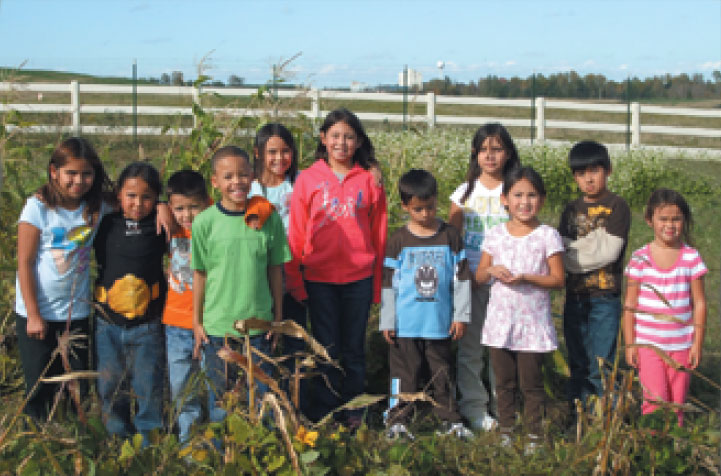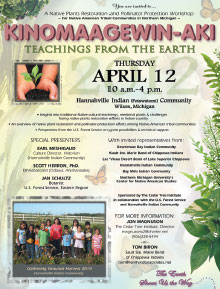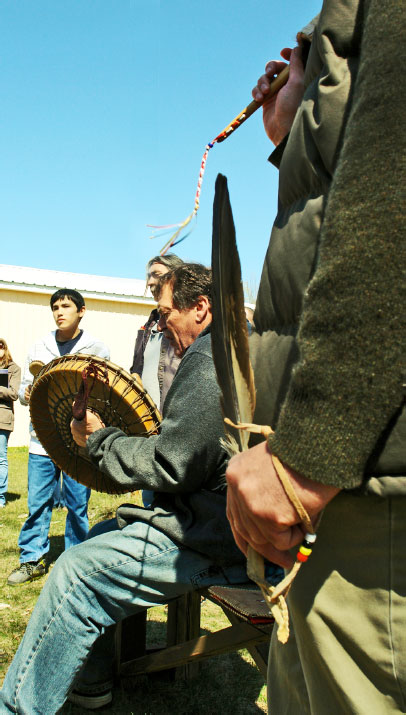
Native Plants Workshop
On April 12th, 2012, a few hundred yards from a small Michigan’s tribe’s administrative offices, 43 representatives from 5 American Indian communities met to explore the important recovery of native plants, sharing a vision to building a new cooperative effort for restoring threatened plant species. Sounds of drums and the smell of sweet grass set a ceremonial context for honest conversations about tough challenges facing indigenous peoples seeking to recover their important original roles as caretakers, hunters, and gatherers across the forested landscapes of the Upper Midwest.
Earl Meshigaud, tribal culture teacher and Potowatomi elder, opened with insights about Anishinaabe language, medicinal plants, and rituals that still frame traditional harvesting practices. Scott Herron, PhD, Native American ethnobotanist and Associate professor of biology at Ferris State University, pointed to the critical, sensitive work of integrating traditional teachings and Western science. Jan Schultz, botanist with the United States Forest Service’s Eastern Region, addressed the threat of diminishing species, pollinator protection, “technical transfer” and building bridges for sharing helpful experiences and research between cultures.
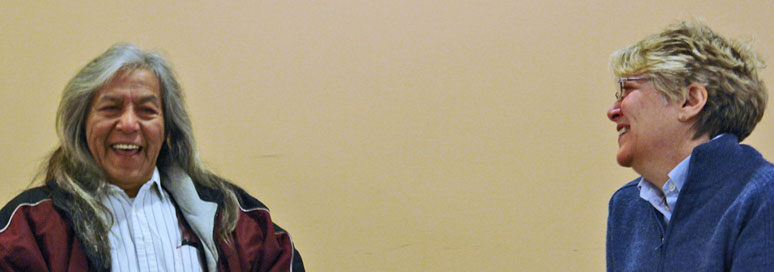
Earl Meshigaud, Potowatomi elder & Jan Schultz, Botanist, US Forest Service
Zaagkii is an Ojibwe term that translates “Loving gifts coming from the earth.”

Karen Anderson, Keweenaw Bay Indian Community, and other representatives from 43 workshop participants
Kinomaage is from Annishinaabe, meaning, “The earth shows us the way.”
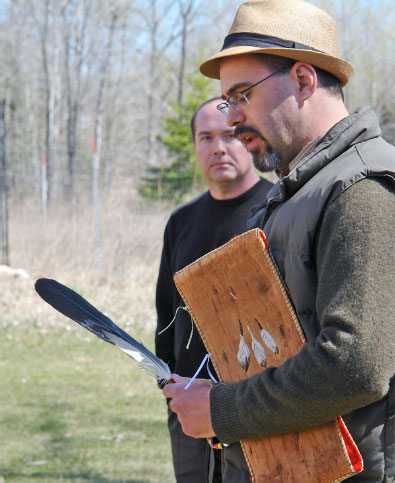
Scott Herron, Anishinaabe ethnobotanist, with eagle feather leading the workshop's closing Talking Circle
The Wings and Seeds Project (Zaagkii) is a Native plants and pollinator protection initiative launched in 2008 by the Cedar Tree Institute in cooperation with the United States Forest Service, Keweenaw Bay Indian Community (KBIC), Northern Michigan University’s Center for Native American Studies, and Michigan’s Marquette County Juvenile Court. Now in its 5th year, it has involved 50 youth volunteers in over 3100 hours of community service. During 2010 Project partners worked in collaboration with KBIC to build the first Native Plants greenhouse on an American Indian Reservation in Michigan.
The 4th Kinomaage native plants restoration workshop is scheduled for September 2012. It will be hosted by the Lac Vieux Desert Band of Lake Superior Chippewa Indians in Watersmeet, Michigan.
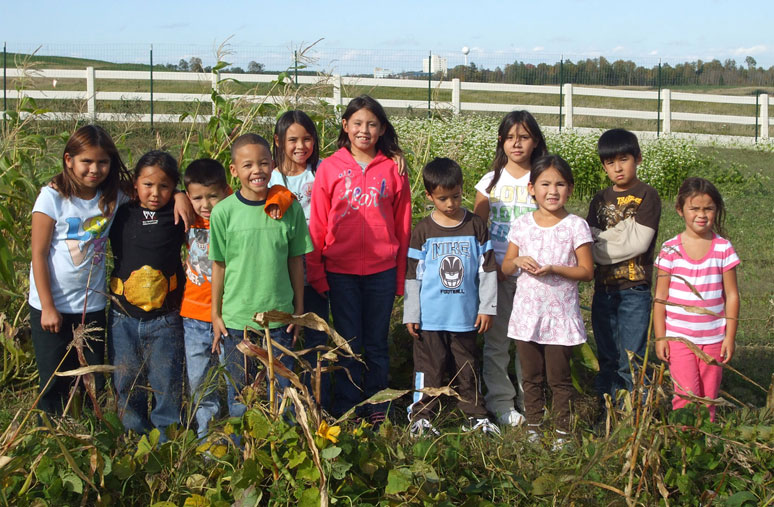
Hannahville Indian Community's next generation of tribal leaders and Native plant protectors
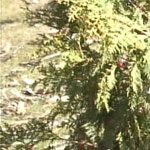 Representatives of 5 tribal communities attended an April 2012 pollinator protection and native plants restoration workshop at the Hannahville Indian Community.
Representatives of 5 tribal communities attended an April 2012 pollinator protection and native plants restoration workshop at the Hannahville Indian Community. 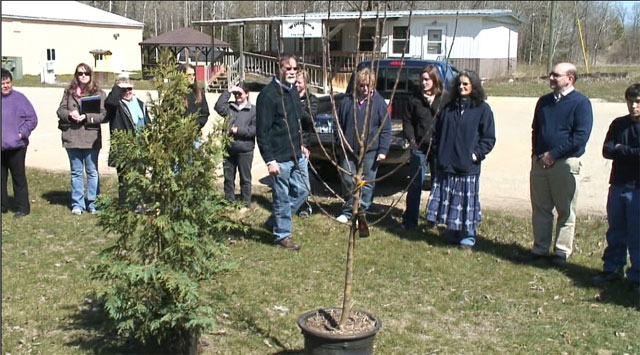
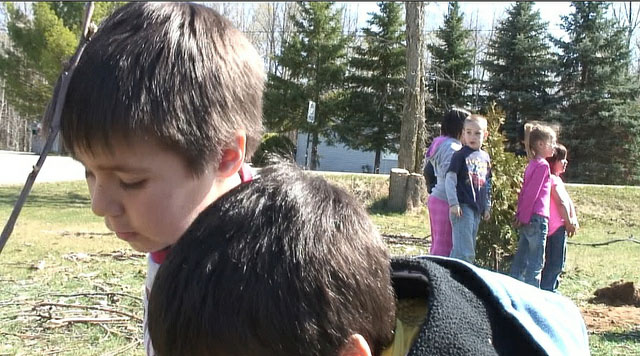
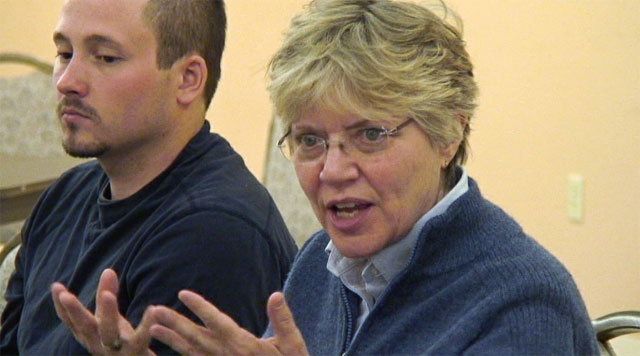






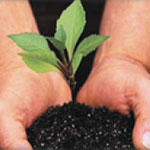 You are invited to…
You are invited to…